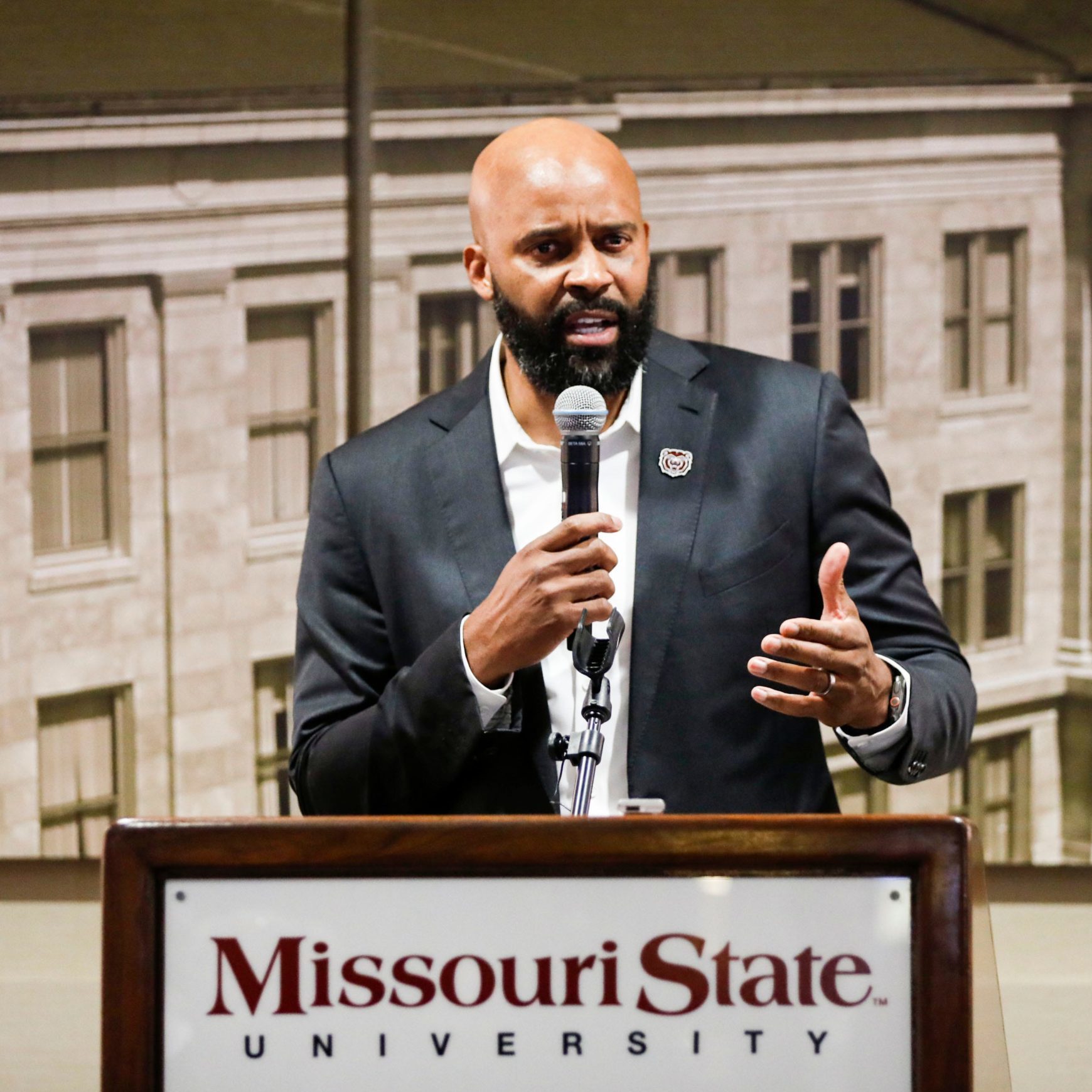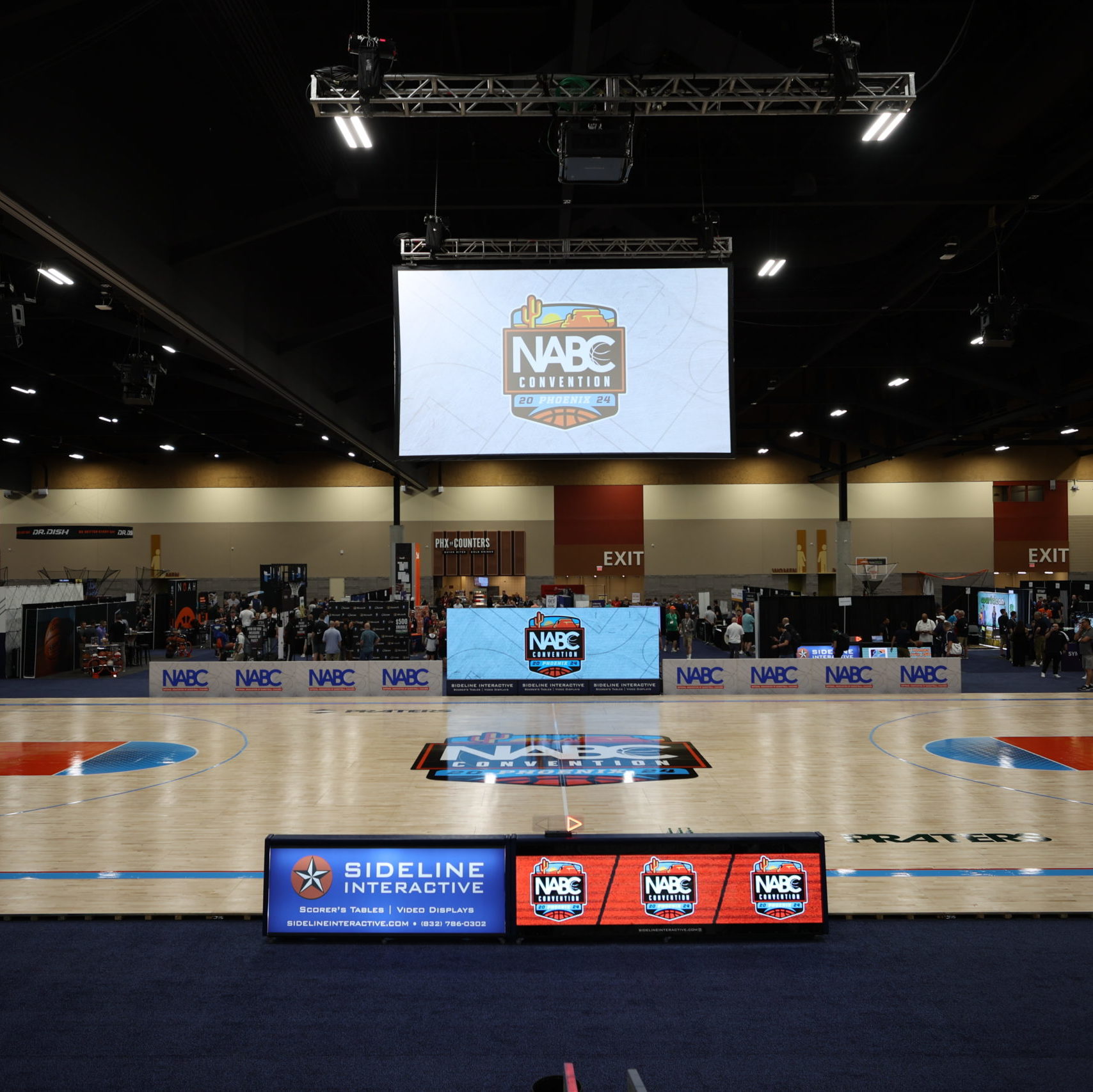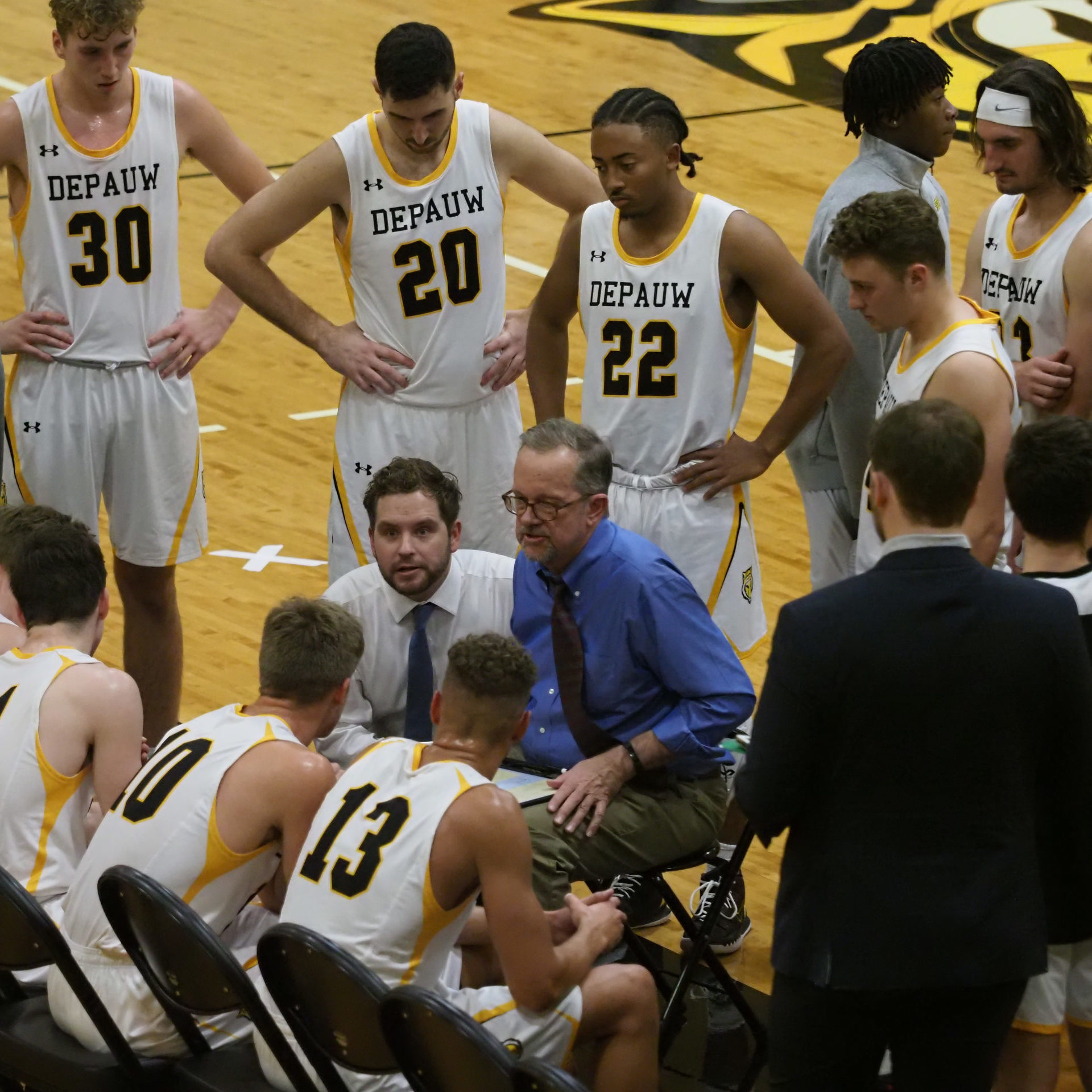The following Q&A with NABC executive director Jim Haney appears in the Convention 2018 edition of NABC Time-Out Magazine. To view the entire Convention 2018 issue, click here.
The Commission on College Basketball is to report its recommendations to the NCAA Board of Governors and the DI Board of Directors in a few weeks. What are your thoughts regarding the Commission?
“As you know, NABC President Bill Self, NABC Ad Hoc Committee member Ernie Kent, and myself met with the Commission in mid-December to address the state of men’s basketball in light of the indictments brought forth by the Department of Justice and FBI investigation into college basketball. Four men’s basketball assistant coaches were among those arrested. Personally, I thought naming a Commission to address grassroots basketball was a good idea on the part of NCAA President Mark Emmert and the Board of Governors. They then stepped back and gave the Commission independence to determine how the Commission members would acquaint themselves with the complexity of grassroots basketball and college basketball recruiting and identify recommendations for change back to the NCAA. I thought it was a terrific decision on the part of the NCAA leadership. Commission chair Condoleezza Rice has provided strong leadership throughout the process.”
“Bill, Ernie and I walked away from our meeting with the Commission members (there was no NCAA staff present when we met with the Commission) very impressed with their thoughtfulness and interest in learning about grassroots basketball from the coaches. Our role that day was to share what our coaches experience in recruiting in the grassroots space to the Commission members.”
What role is the NABC playing now with the Commission?
“Back in late October and early November, the NABC Board approved the formation of an Ad Hoc Committee to discuss and ultimately make recommendations to the Commission. The coaches on the committee represented the breadth of DI basketball. Former Southeastern Conference Commissioner Mike Slive and I chair the committee. One of the key challenges was that the work of the Ad Hoc Committee would have to take place during the season, making a two-day meeting at a central location impossible. As a result, the Ad Hoc Committee has conducted a series of conference calls. The November calls were focused on preparing a document that described grassroots basketball from the college coaches perspective. The January conference calls were focused on identifying recommendations for change to the Commission. We submitted our recommendations to the Commission the last week of January. We stand ready to assist the Commission if there are additional questions or requests for feedback.”
The NABC has not released those recommendations to the public. Why is that?
“It is a good question. First, we are committed to be part of the solution to the issues that the Department of Justice and FBI brought to light. Secondly, we have been asked to work with the Commission and not make our recommendations public. Third, the NABC Board of Directors formed an Ad Hoc Committee for Selection, Seeding and Bracketing of the DI Basketball Championship. Rather than make those recommendations public prior to the NCAA Men’s Basketball Committee having the opportunity to read, discuss and take action on those recommendations, we would work with the Basketball Committee and let them make public the changes. There were 10 recommendations. All of those recommendations have been enacted or are under review for activation. Clearly that approach fostered significant change. We are following a similar path with the Commission.”
In general, what do you see in the grassroots space that needs to be addressed?
“Third parties include agents, financial advisors, shoe companies, non-scholastic coaches and college coaches. Each is trying to leverage a relationship with the prospect for personal gain. Each believes they care about the well-being of the prospect and has his best interests at heart. The Department of Justice and FBI investigation reveals that these third parties are willing to pay good money to gain an advantage with the prospect. Having said that, I do believe change is coming. In general, there is attention on the summer environment. What happens to the July Evaluation period? It would be natural to say we should prevent college coaches from attending events in July. However, we know that July provides an excellent opportunity for 1,500 or more prospects to be evaluated by college coaches. Eventually, over 1,000 prospects will earn scholarships to attend college. July provides the coach a cost-effective way to evaluate hundreds of prospects over a three-week period.”
What is next for the NABC in the aftermath of the indictments?
“Obviously, we are in a wait-and-see period regarding the Commission recommendations to the NCAA Board of Governors and DI Board of Directors the end of April. Once those two boards receive the recommendations, the NCAA has publicly stated that the recommendations will then be turned over to the NCAA DI Council and its committee structure to draft legislation to activate the Commission’s recommendations. The Board of Governors and the DI Board of Directors are looking to take action on those proposals during their August meetings.”
“There are actions that the NABC can take on its own in the wake of the Department of Justice and FBI investigation into men’s basketball. The NABC Board of Directors will take a leadership position on these considerations. In my mind, there are two areas to address. The first relates to education. What can the Association do to encourage ethical behavior by our coaches more effectively than we are now? Clearly, what we have done to date is not enough. Should we hold a orientation for first-time head coaches? Should all first-time assistant coaches have an orientation? Can we require attendance in some way? Similar to accountants and other professionals, should college coaches be required to attend a specific number of ethics training clinics annually?”
“Secondly, what punitive action should the NABC take for coaches who have been arrested, indicted or named in an NCAA investigation? Is a public reprimand appropriate? Should the coach’s membership be suspended? Are there other considerations?”



